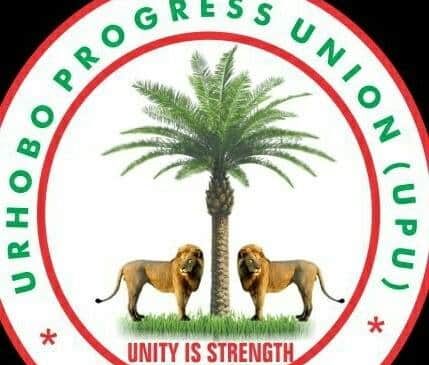By Dr. Ejiro Imuere
In the annals of time, a significant tale quietly unfolded, intertwined with ethnic rivalries and the pursuit of identity. It was a time when the winds of change swept through Urhobo land and the Warri Province, leaving an indelible mark on the course of history. In the year 1952, riots reverberated across the region as the title of the revered Olu of Itsekiri was transformed into the Olu of Warri.

To assuage the concerns of the Urhobos, the Western Region Government swiftly responded, altering the name of the Warri Province to Delta Province. However, this was merely the beginning of a greater transformation. A school, known as Warri Middle School, once situated in the heart of Warri, found itself caught amidst the internal strife between the Urhobos and the Itsekiris.
The Urhobos yearned for the school to be located in their homeland, a sacred ground between Igbudu and Effurun, along the fabled Warri-Sapele road. Conversely, the Itsekiris championed the idea of settling the school in Okere. Amidst these conflicting desires, Chief Mukoro Mowoe, a distinguished member representing the Warri Province in the Western Region House of Assembly, turned to Chief Buluku, the revered Otota of Ughelli, to secure the land for the noble project.
Without hesitation, Chief Buluku rose to the occasion, diligently seeking a parcel of land spacious enough to accommodate the aspirations of education. And so, the school was gracefully transplanted from its original, albeit temporary, home in Warri—where it had resided within the precincts of the Warri Teacher Training College (GTTC)—to the enchanting town of Ughelli. It became known as Warri Middle School, Ughelli, a testament to the vision and dedication of those involved.
Yet, as the ripples of change continued to stir, the aftermath of the Olu’s title change in 1952 compelled the Government to reevaluate the school’s nomenclature. Thus, it underwent a metamorphosis, emerging as Government College Ughelli.
Within this short yet profound historical account, invaluable lessons abound. Firstly, the name “Warri” itself did not find its origins within the tapestry of Urhobo heritage. It was a name bestowed upon another, swiftly rejected by the Urhobos when the Government granted it to the Itsekiris. In that moment, the power of a mere change in name shielded the Urhobos from the influences tied to that particular appellation.
Secondly, ethnic rivalries, entrenched deeply within the fabric of society, have often obscured numerous opportunities for progress and unity between the Urhobos and Itsekiris. Chief Mukoro Mowoe’s pivotal role in relocating the school to Ughelli epitomized the influence wielded by the highest-ranking politician in the Warri Province at that time. However, had fate unfolded differently, with an Itsekiri figure such as Rewane assuming the mantle of leadership, the school might have found its home in Koko, fueling further divisions along tribal lines. And had a Hausa or Igbo representative occupied that prestigious position, the school might have journeyed to Kwale, for it, too, was a part of the Warri Province. Thus, the eventual loss of the state capital to Asaba stemmed from such historical dynamics.
Thirdly, while Chief Mukoro Mowoe possessed the agency to choose alternative locations, such as Orerokpe, which remained in close proximity to Warri, the gravitational pull of his roots tugged at his decision-making. Ughelli, a mere two minutes from his cherished hometown of Evwreni, beckoned to him with a sense of familiarity and clannish affinity. This undercurrent of tribal loyalty, a facet embedded deep within our collective nature, subtly guided the trajectory of the school’s relocation.
Fourthly, this historical account raises questions about the selective nature of our traditional historians. How is it that this crucial episode of our past remained concealed until today, hidden within the vaults of public archives? Why do certain narratives remain veiled from our awareness, denying us the opportunity to fully comprehend the intricacies of our own history? It is through unearthing these untold stories that we gain a more comprehensive understanding of our collective journey.
In light of these revelations, we must extend our utmost admiration to those who possessed the wisdom and foresight to reject the name “Warri” at that critical juncture in time. Their staunch determination and unwavering resolve safeguarded the Urhobos from potential influences that could have altered the course of their cultural identity.
Today, as we reflect upon the turbulent past and the triumphs that emerged from it, let us celebrate the resilience of the Urhobo people. Their unwavering spirit and commitment to preserving their heritage serve as a beacon of inspiration for future generations. May this tale of courage and cultural preservation stand as a testament to the enduring power of identity and the importance of embracing our history.
